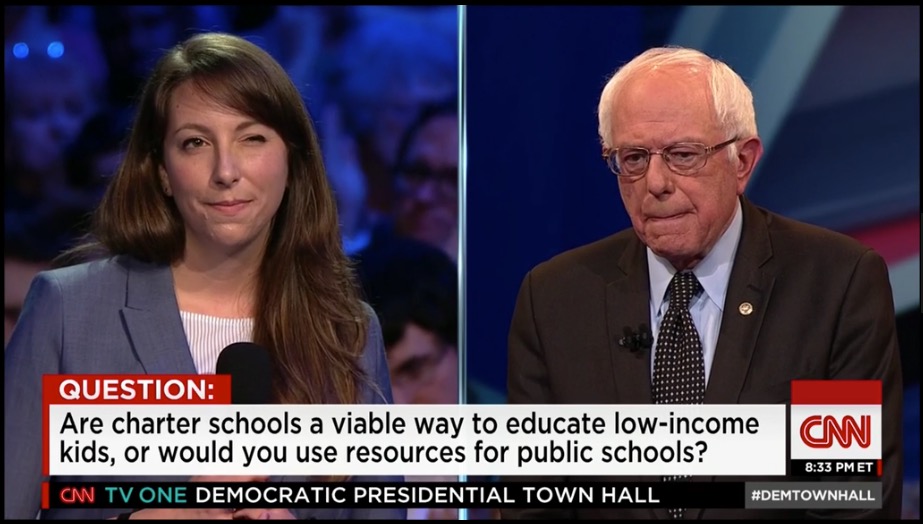Louisiana Record
Sharon Brooks Hodge
Mar. 27, 2016
The fight for control of public education money in Louisiana will have another round in court now that the state teachers union and local school board members have challenged a district court ruling.
Members of the Iberville Parish School Board and the Louisiana Association of Educators have appealed a May 2015 decision from the 19th Judicial District Court for the Parish of East Baton Rouge. The court upheld a 1995 law authorizing state officials to fund charter schools.
Although the Iberville Parish case centers on $3 million, the outcome of the lawsuit could impact as much as $60 million distributed to 25 schools with 13,000 students across the state.
“Money will always be the biggest area of dissension in education as long as school boards maintain the flawed position that the money belongs to one set of systems and not to the people,” Jeanne Allen, CEO of the Center for Education Reform, told the Louisiana Record. “They have misinterpreted their role. They, school boards, are the stewards of money, not the controllers.”
In 2014, the Iberville school board alleged that the state Board of Elementary and Secondary Education had wrongfully given district money to a charter school. Instead of the $16 million the district ordinarily would receive to use during the school year, in 2014 the state board appropriated $3 million to Iberville Charter Academy.
The district court determined that charter schools are public schools and the current funding plan established by the state can continue. Under that plan, every state-approved Type 2 charter school receives money from taxpayers. The amount is based on the number of students attending the school. As more students leave traditional public schools, funds to local school boards dwindle.
If the elected school board and teachers union are successful in their appeal, public funding











 odies a collaborative momentum toward closing the achievement gap… and a school-wide drive toward excellence, every student at CPA feels like a champion.”
odies a collaborative momentum toward closing the achievement gap… and a school-wide drive toward excellence, every student at CPA feels like a champion.” ame number of children on charter school wait lists (about 37,000) as they do enrolled in public charter schools (approximately 40,000). Compared to traditional district schools, public charter school students in Massachusetts score
ame number of children on charter school wait lists (about 37,000) as they do enrolled in public charter schools (approximately 40,000). Compared to traditional district schools, public charter school students in Massachusetts score 
